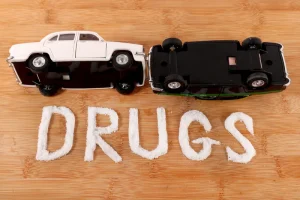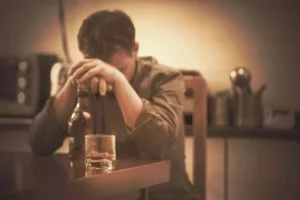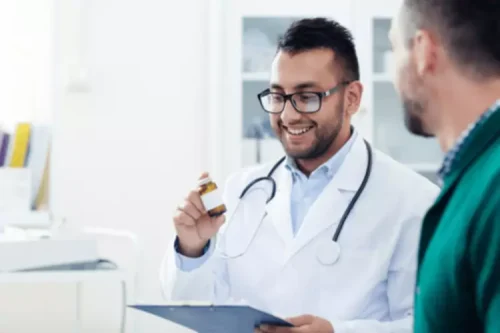
Remember to discuss relapse prevention techniques and make this a key area of focus in your revised recovery plan. It’s likely that your relapse has impacted your loved ones, including your friends, family and spouse. Once you’ve taken steps toward recovery, it’s important to address the relationships that may have been damaged during relapse. Explain what occurred and what you are doing to get back on track. It’s important to also explain how your relapse doesn’t mean you’ve failed, and you will be taking further action to prevent relapse from happening again.

The “High-Risk Situation”: Relapse Triggers
While no path in recovery is a straight line, a person in recovery actively attempts abstinence, harm-reduction education, and application of said education. When you call our team, you will speak to a Recovery Advocate who will answer any questions and perform https://ecosoberhouse.com/ a pre-assessment to determine your eligibility for treatment. If eligible, we will create a treatment plan tailored to your specific needs. If The Recovery Village is not the right fit for you or your loved one, we will help refer you to a facility that is.
Treatment providers
Another essential point to recognize is that a relapse doesn’t have to be a return to active addiction. It is entirely possible to have a lapse in your sobriety and quickly return to an active and healthy life in recovery. A relapse isn’t a hard reset; it can just be a momentary slip. Recovery from a substance use disorder is a lifelong journey, and sometimes setbacks are simply part of the process. Relapse can feel devastating, especially if you’ve worked hard to achieve a long period of sobriety.
Addiction: What to Know About Relapse

A friend, family member or therapist may find out about the slip and help them access resources or find motivation to prevent relapse from occurring. Less-intensive treatment may be an option if this is your first relapse and you are in good physical and mental health, are not at risk for severe withdrawal, and have a sober support system in place. Your treatment team can help you decide whether inpatient, outpatient, or other treatment options are more appropriate for you.
Coping With a Relapse
If you don’t think 911 is necessary, contact a sponsor, therapist or loved one you trust who can get you help. You may decide you need to recommit to your recovery by entering treatment again. With intensive treatment, you have the opportunity to focus fully on your recovery. You’ll what to do after a relapse build your foundation again, so when you transition back home, you’ll have the tools you need to face life challenges. And then one night, a coworker asks you to grab a drink after work. That’s the last thing you remember when you wake up in the hospital the next morning.

Care for yourself
- It simply means you are going through the process of recovery.
- Counterproductive, and, if they are allowed to fester because you have not made the necessary changes, they will not allow you to get successfully back on track, think of it this way.
- It’s paved with challenges, but opportunities for growth and resilience accompany each.
- However, it’s important to recognize that no one gets through life without emotional pain.
- Whether through artistic expression, outdoor activities, or social events, leisure activities offer a way to recharge and balance one’s life.

